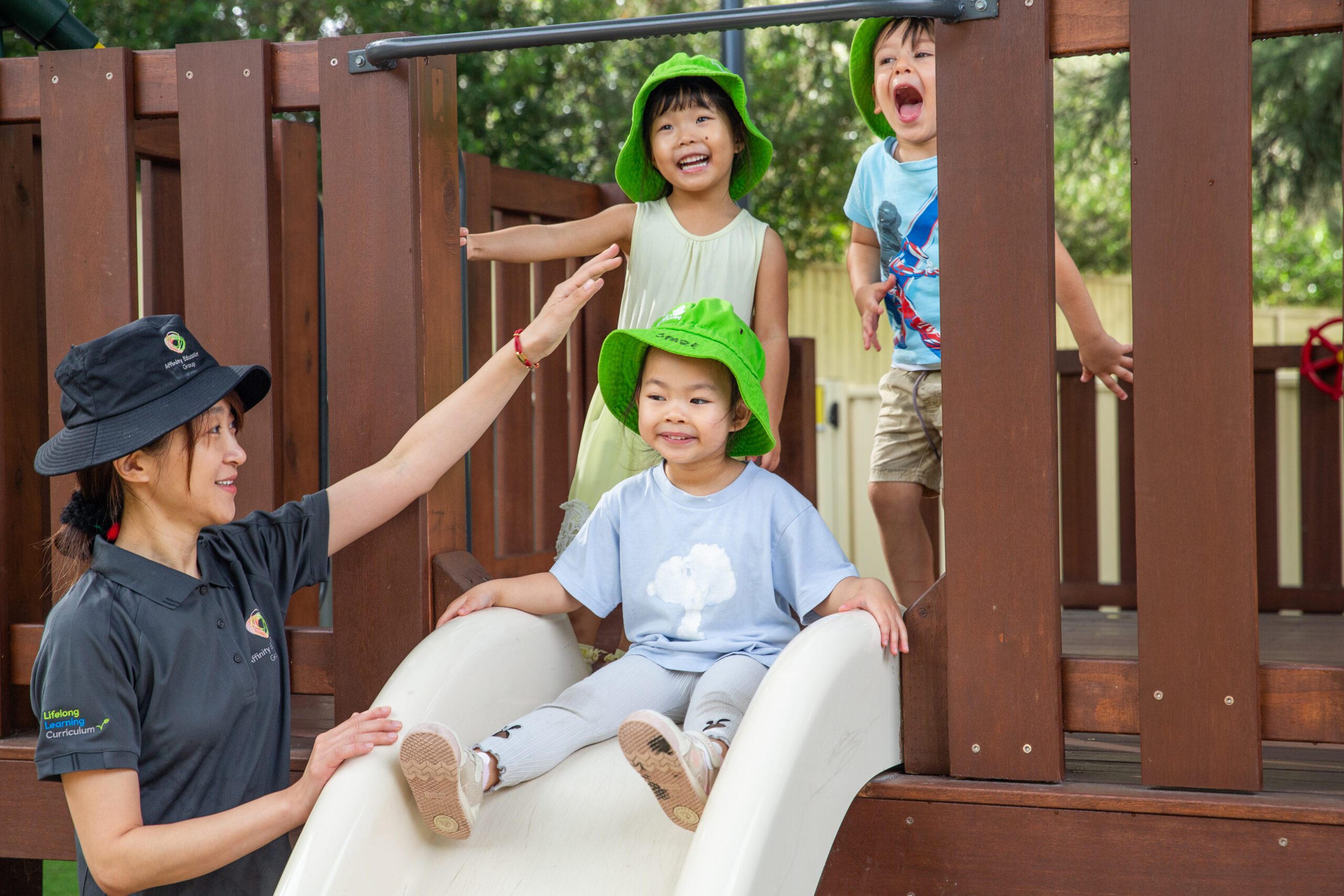
Ever wondered how friendships and social skills impact your child’s learning? Research shows that strong social-emotional development in early childhood directly influences academic achievement, emotional resilience, and long-term success. At Papilio Early Learning, we focus on fostering communication, collaboration, and confidence - skills that lay the groundwork for cognitive development and school readiness.
Studies reveal that children who develop strong social connections in early years are more likely to excel in literacy, numeracy, and critical thinking throughout school. In this blog, we’ll explore:
- Can social skills really improve my child’s academic performance?
- How do early friendships help with school readiness?
- The role of high-quality early learning environments in fostering social-emotional development
- 5 key ways social skills improve academic success
- How Papilio Early Learning supports children’s social and academic growth
Papilio Early Learning follows the Lifelong Learning Curriculum. Developed by Affinity Education and informed by the Early Years Learning Framework (EYLF), the Lifelong Australia's most advanced approach to early childhood education and care. Want to learn more about our Lifelong Learning Curriculum? Click here.
Can Social Skills Really Improve My Child’s Academic Performance?
Absolutely! Research from Harvard University’s Center on the Developing Child shows that children with strong social-emotional skills by age five perform better in school, show greater focus in class, and adapt well to structured learning environments.
5 key ways social skills improve academic success:
- Better communication – Expressing thoughts, asking questions, and engaging in discussions.
- Increased collaboration – Working in groups, sharing, and understanding different perspectives.
- Stronger self-regulation – Managing emotions, focusing attention, and following instructions.
- Higher empathy levels – Understanding classmates’ feelings, leading to positive peer relationships.
- Greater confidence and resilience – Approaching new challenges with a problem-solving mindset.
Did you know? A 20-year study published in the American Journal of Public Health found that children with stronger social-emotional skills at age five were significantly more likely to graduate high school, attend college, and secure stable employment.
How Do Early Friendships Help with School Readiness?
Developing social connectivity in early childhood isn’t just about making friends - it also enhances cognitive functions essential for learning. Research from the Australian Institute of Family Studies (AIFS) found that children with strong early social connections display better language skills, greater classroom engagement, and stronger problem-solving abilities.
How early friendships enhance cognitive growth:
- Memory retention – Following multi-step instructions and recalling information.
- Cognitive flexibility – Switching between tasks, adapting to new concepts, and problem-solving.
- Inhibitory control – Staying focused in learning environments and resisting distractions.
The Role of High-Quality Early Learning Environments
Studies confirm that structured early learning environments that prioritise social-emotional development lead to higher academic performance, better self-confidence, and smoother transitions into primary school. According to the Australian Early Development Census (AEDC), children with strong early social interactions are less likely to face developmental delays in school.
At Papilio Early Learning, we focus on:
- Guided peer interactions to build teamwork and communication skills.
- Encouraging problem-solving and negotiation in group activities.
- Embedding social-emotional learning (SEL) to develop resilience, self-regulation, and confidence.
How Papilio Early Learning Supports Children’s Social & Academic Growth
Our Lifelong Learning Curriculum ensures that social-emotional development is integrated with cognitive skill-building, helping children prepare for school and beyond.
1. Educator-Guided Social Development
Our experienced educators support children in developing essential social skills by:
- Encouraging active listening, turn-taking, and teamwork.
- Guiding children through problem-solving exercises.
- Teaching empathy, emotional intelligence, and self-regulation.
2. Group Learning Activities
We provide structured opportunities for collaboration, helping children:
- Strengthen language and communication skills through storytelling and role-playing.
- Develop patience and teamwork by working on shared projects.
- Engage in structured peer discussions to express ideas clearly.
3. School Readiness & Self-Regulation Skills
Our curriculum prepares children for primary school success by:
- Following multi-step instructions to improve focus and memory.
- Encouraging persistence in learning new concepts.
- Practicing classroom routines to build confidence in structured settings.
4. Positive Educator-Child Relationships
Research shows that secure attachments with educators support learning and social development. Our educators:
- Provide consistent emotional support.
- Foster secure relationships through positive interactions.
- Model healthy social behaviors that children can adopt.
Read more: Why Your Child’s First Teacher Might Be More Important Than Their Last
FAQs: How Social Connectivity Impacts Learning
Give Your Child the Best Start
Social connectivity is a key driver of academic and personal success. At Papilio Early Learning, we ensure children develop collaboration, communication, and confidence, setting them up for long-term achievement.
By integrating social-emotional learning with cognitive development, we provide a holistic early education experience that supports school readiness and future academic excellence.
Want to give your child the best start? Find your nearest Papilio Early Learning Centre, book a tour and discover how we foster social and academic growth!